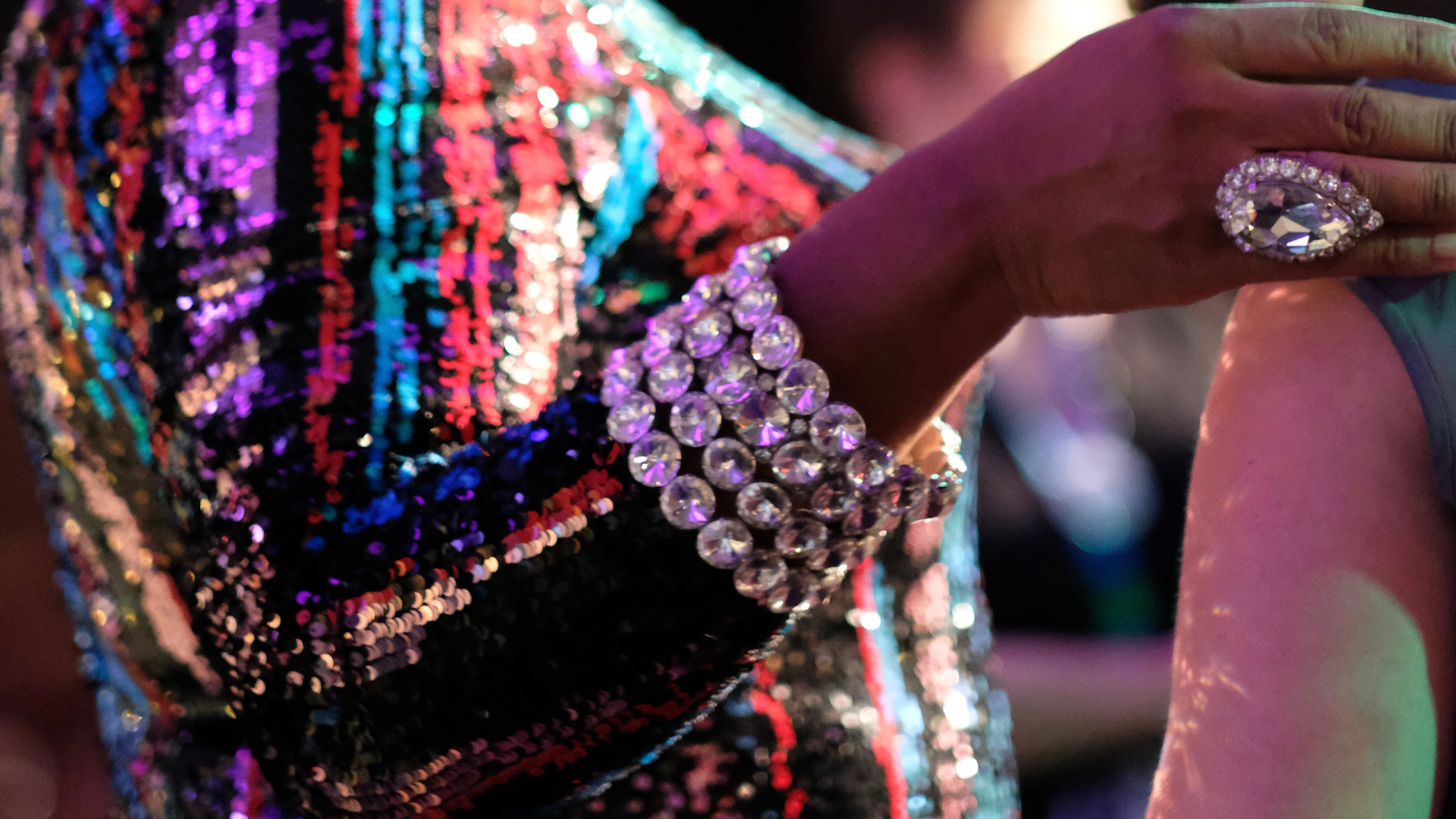On 24 June 2025, the Supreme Court delivered a unanimous judgment in Iconix Luxembourg Holdings SARL v Dream Pairs Europe Inc & Top Glory Trading Group Inc [2025] UKSC 25, concerning alleged infringement of Umbro’s iconic “double diamond” trade marks. The claim centred on the logos as they appeared on the sports brand’s footwear, including trainers and football boots. While it held that Dream Pairs had not infringed, it determined that a risk of confusion between marks can occur post-sale.
For background, Iconix is the proprietor of the Umbro trade marks and has been since 1997. It brought an infringement claim against Dream Pairs in 2021 for selling boots in the UK featuring a “DP” sign that it alleged replicated a similar logo to its double diamonds, and was likely to cause confusion amongst consumers. The High Court heard the claim in 2023 and found that there was only a “very faint resemblance”, and no consumer confusion had occurred. In 2024, the case moved to the Court of Appeal whereby it disagreed, deeming the similarity moderately high, particularity in respect of post-sale viewing, and thus reversed the High Court’s finding of the opposite.
Recently, the Supreme Court has rebuked the Court of Appeal, and restored the High Court’s decision that Dream Pairs did not infringe Umbro’s trade marks. Though it sided with Dream Pair’s case, it rejected its argument that post-sale confusion must influence a consumer’s buying decision to be actionable. It held that post-sale confusion is a valid factor in considering infringement, and confusion observed post-sale can be sufficient for finding infringement under section 10(2)(b) of the Trade Marks Act 1994. Further, it confirmed that trade mark use continues after purchase and that such confusion may infringe even without confusion at the point of sale.
Post-sale confusion has never been addressed in a trade mark infringement claim, and thus this will be a landmark decision that is expected to hold huge significance in future cases. The decision enhances protection for trade mark holders, and strengthens enforcement of the same, highlighting that trade marks have an ongoing critical role in brand protection. This ruling will be particularly beneficial in consumer-facing sectors such as fashion and sportswear brands, as they can rely on post-sale confusion when defending against lookalike products. In turn, this is something that new competitors entering the marketing should be wary of.
If you have any questions on the above, feel free to contact a member of the team at 0191 281 4000 or alternatively at legal@mcdanielslaw.com.


